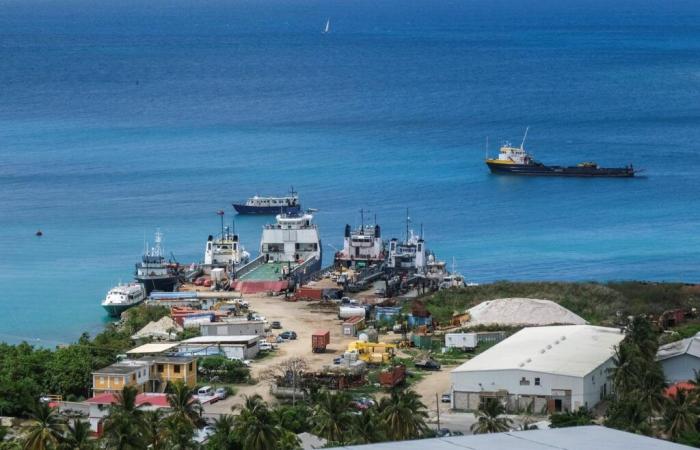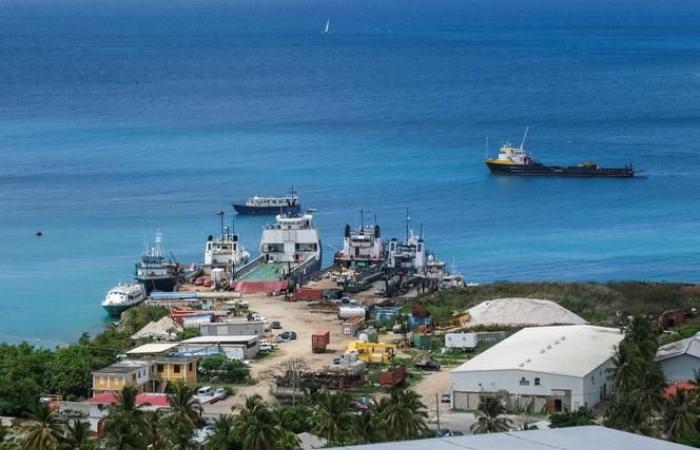From Wednesday November 20 to Thursday November 21, the British government welcomed representatives of its 14 overseas territories for a ministerial meeting. Nothing filtered from the discussions, but they must have been dominated by a bone of contention which has poisoned relations since 2018: the introduction of commercial registers including the real beneficiaries of the companies listed there.
Read the decryption: Article reserved for our subscribers The great tax evasion of multinationals continues
Read later
“Parliament passed a legislative amendment in 2018 that requires its overseas territories to create such registers”explains Margot Mollat, policy director at Transparency International. They committed to it in 2020 and had until the end of 2023 to comply.
The measure is essential to combat money laundering and tax evasion, said Andrew Mitchell, a conservative parliamentarian behind the 2018 amendment. “Our overseas territories have become a haven for dirty money – whether it is funds from drug and human trafficking or corruption, he said. Without a transparent business register, it will never be possible to identify the individuals behind these crimes. »
Real estate assets
Transparency International has identified 237 cases of corruption, worth more than £250 billion (€300.4 billion), where funds passed through companies domiciled in the UK's overseas territories. United. Some 380 million pounds of real estate assets belonging to those close to the Russian regime are also held through firms based in these countries, according to the organization. These micro-states also contribute to around 160 billion pounds of tax evasion each year, according to the NGO Tax Justice Network.
The deadline granted to them, at the end of 2023, has now expired and only Gibraltar has introduced a trade register open to the public. Montserrat, in the Caribbean, also has one, “but for the moment it seems devoid of data”notes Margot Mollat. Territories with a significant financial industry, such as the British Virgin Islands, where 60% of the state budget comes from the incorporation of companies, the Cayman Islands and Bermuda, have, on the other hand, ignored their obligations.
Read the survey: Article reserved for our subscribers In Cyprus, dirty money and Russian fortunes continue to taunt Europe
Read later
The British Virgin Islands have promised to introduce a business register by June 2025, but it will only be open to people with a “legitimate interest”. The definition of these will be done “in consultation with our financial industry, in order to protect the interests of its customers”underlined Prime Minister Natalio Wheatley. Authorities and law enforcement will undoubtedly be included; journalists, NGOs and members of the public probably not. One proposal provides that only people owning at least 25% of a company can access information about it.
You have 24.71% of this article left to read. The rest is reserved for subscribers.







